Are US elections democratic?
Donald Trump tweeted in 2012 that the American electoral system was a "disaster for democracy." However, he benefited greatly from the undemocratic system in 2016, when he won the presidential election despite losing the popular vote to Democratic nominee Hillary Clinton.
In the United States, the winner of a presidential election is not always the candidate who wins the most votes nationally, as Clinton learned four years ago. Trump received about 3 million fewer votes than his Democratic rival, yet he won the election.
Trump proved in 2016 that a candidate could run a on contemptuous platform, hurling insult at minorities, stoking racism and dividing the country and still win the election through the Electoral College.
Trump was not the first candidate who won the election despite losing the popular vote. This has been the case in five presidential elections in the US.
US elections were never designed to be completely democratic. The president is not directly elected by voters but by members of what is known as the Electoral College.
When Americans cast their ballots on November 3, they will in fact be directing other individuals, called electors, to choose the president. The Constitution calls for states to elect their presidential electors, who in turn will gather to choose the president.
Each state has a certain number of electors based on the size of its population. There are a total of 538 electoral votes up for grabs. So the winner is the candidate who gets at least 270 electoral votes.
In all but two states, Maine and Nebraska, there is a winner-takes-all system, meaning the candidate who wins the highest number of popular votes gets all of the state’s electoral votes.
That means, for example, if someone lives in state where most people vote for one candidate, their vote against that candidate is technically wasted.
There has been a lot of talk lately about abolishing the Electoral College in favor of a simple majority vote.
The prospect of Trump winning reelection again though Electoral College this year has many Americans wondering how the system has outlived generations of controversies.
The push to replace it received more ammunition in the wake of the 2000 election, when Democrat Al Gore won the popular vote but lost the election to Republican George W. Bush after the Supreme Court halted a recount in Florida.
The movement has gathered greater momentum since the 2016 election, whose outcome baffled the world.
In a 2018 survey, 65 percent of Americans supported selecting the president by popular vote, compared to 32 percent who preferred the Electoral College.
Electoral College & two-party system
The Electoral College has failed to push the major parties to form broad coalitions, setting the stage for the establishment of fierce two-party system that shuts all other voices in the country.
John Adams, a Founding Father who served as the second US president, had warned that a division of the republic into two great parties was to “be dreaded as the great political evil.”
That is exactly what has come to pass in the United States.
A third party has not won a single electoral vote since 1968. In fact, the third party candidates are often ridiculed as “spoilers” who steal votes from the main candidates.
Many American voters do not bother to vote because neither of the two major parties – Republicans and Democrats-- appeals to them, or because they live in a state where their opposing vote does not matter.
Most states lean heavily towards one party or the other. They are often referred to as blue or red states because the majority of their voters are either Democrat or Republican.
However, there are a handful of states that could be won by either of the candidates representing the two major parties. These are called swing states, or battleground states, which effectively determine the election.
That is why candidates will essentially ignore the entire country and campaign only in the battleground states.
In 2016, Michigan, Pennsylvania and Wisconsin gave Trump an Electoral College victory. These states, along with a few others such as Florida and North Carolina, will again be crucial in determining who will be president this time.
Most democratic countries have done away with this flawed system in exchange for more variety in political representation.
VIDEO | New national transport strike hits Italy
US to pull out troops from Chad in second African state withdrawal
Yemeni armed forces strike British oil tanker in Red Sea
VIDEO | Genocide in Gaza
VIDEO | Press TV's news headlines
VIDEO | American, Israeli rabbis call for ceasefire during protest near Gaza
Iran calls for enhanced defense cooperation with Russia
US campus crackdown: 500 pro-Palestinian protesters arrested


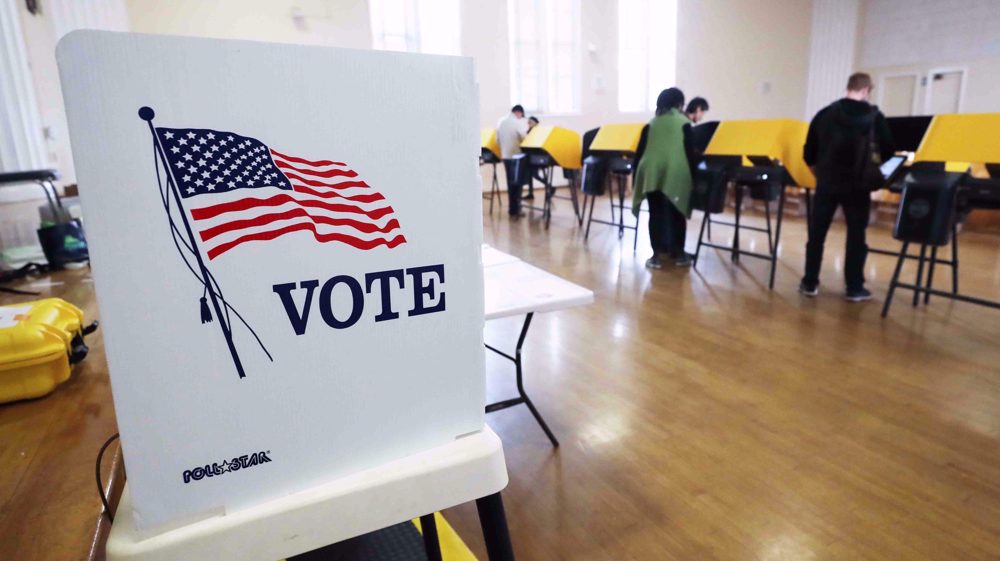


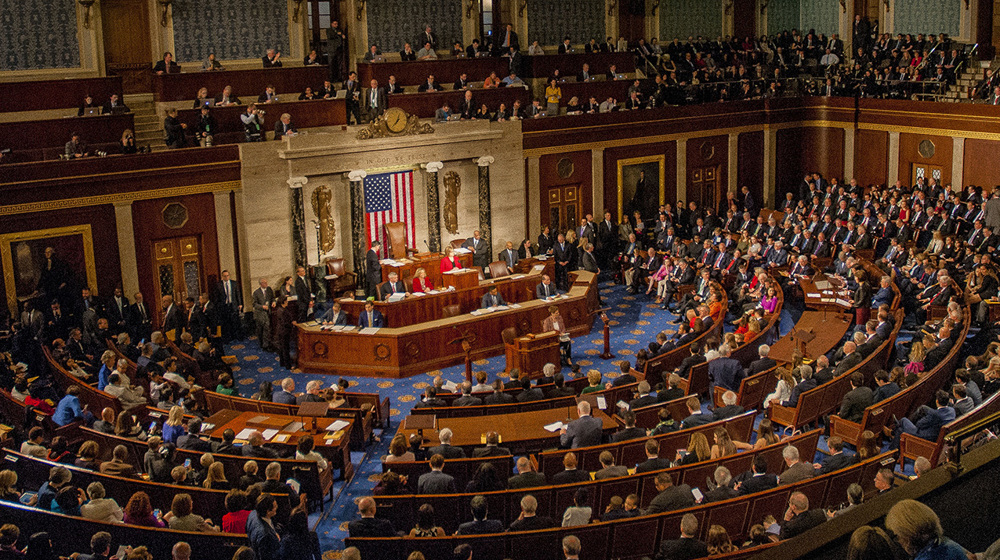
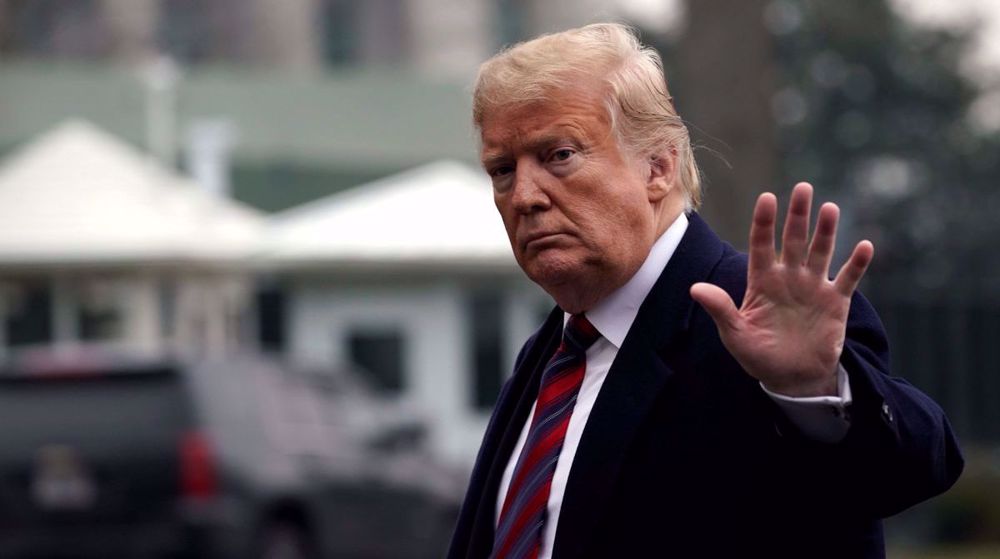



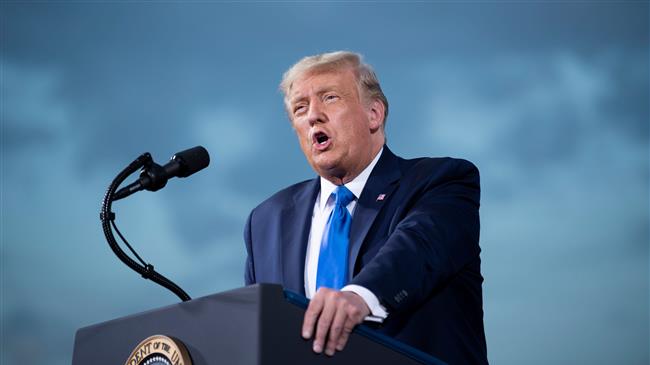
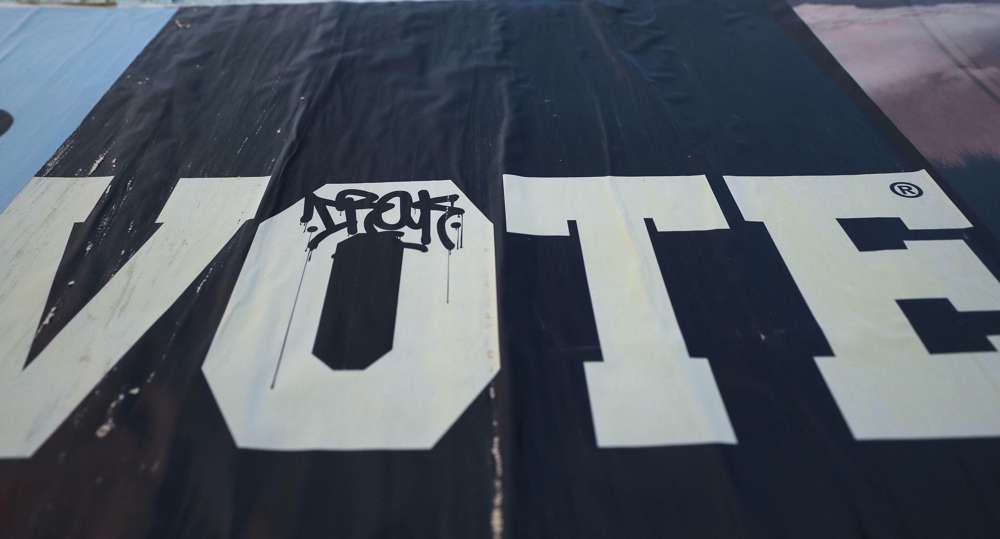



 This makes it easy to access the Press TV website
This makes it easy to access the Press TV website